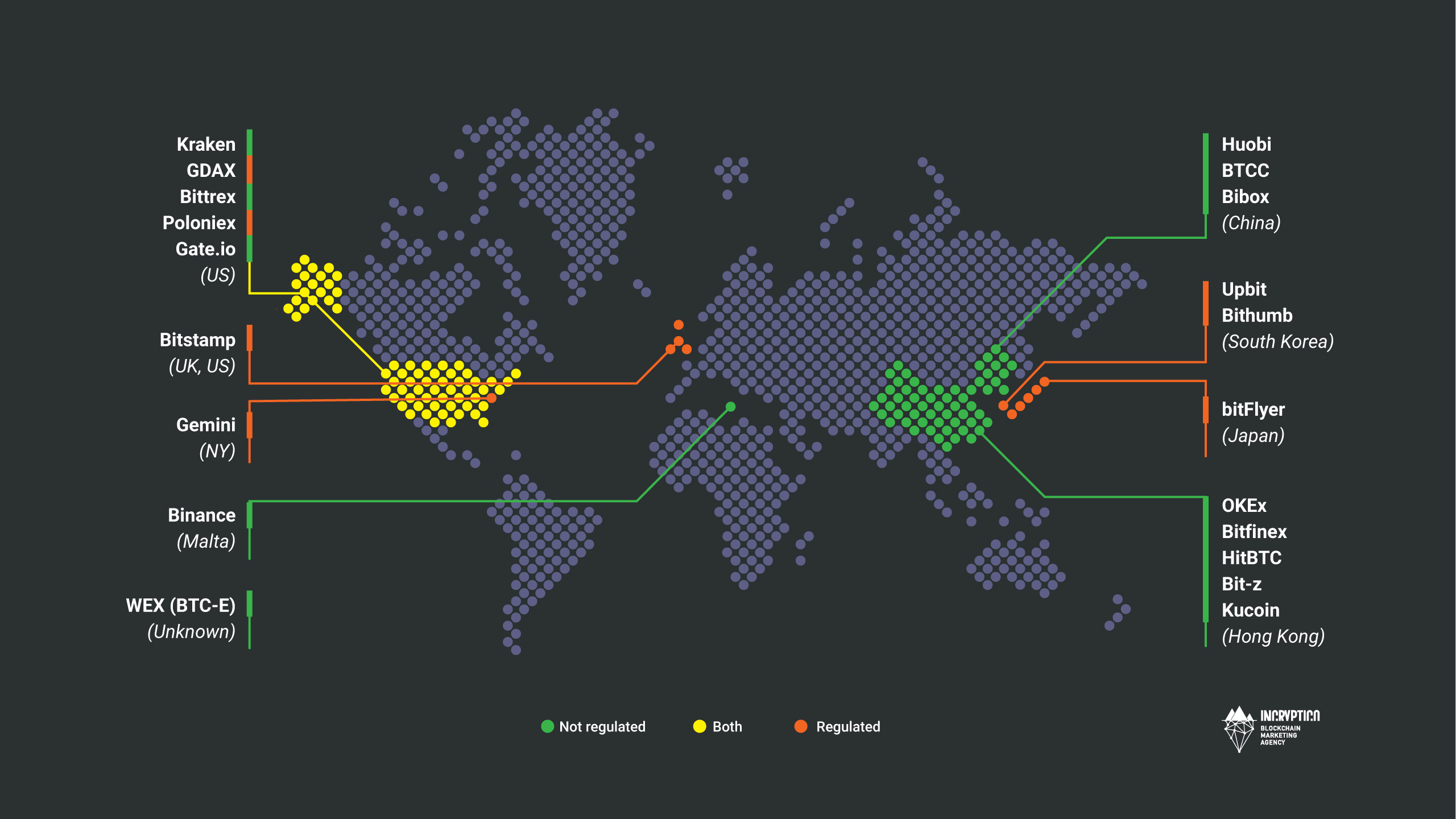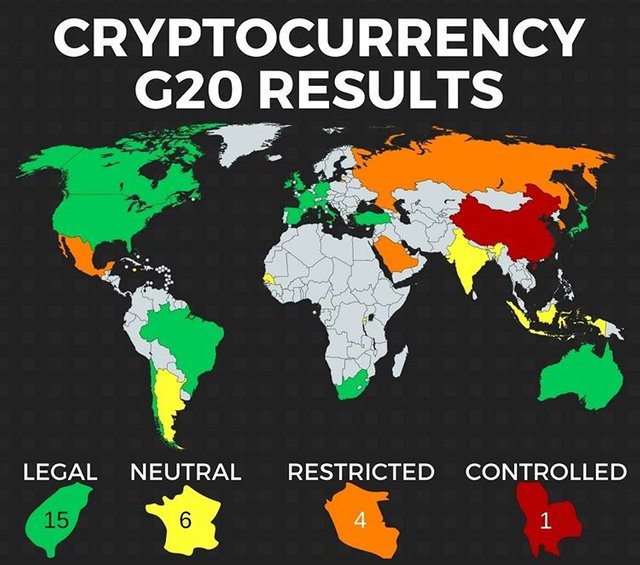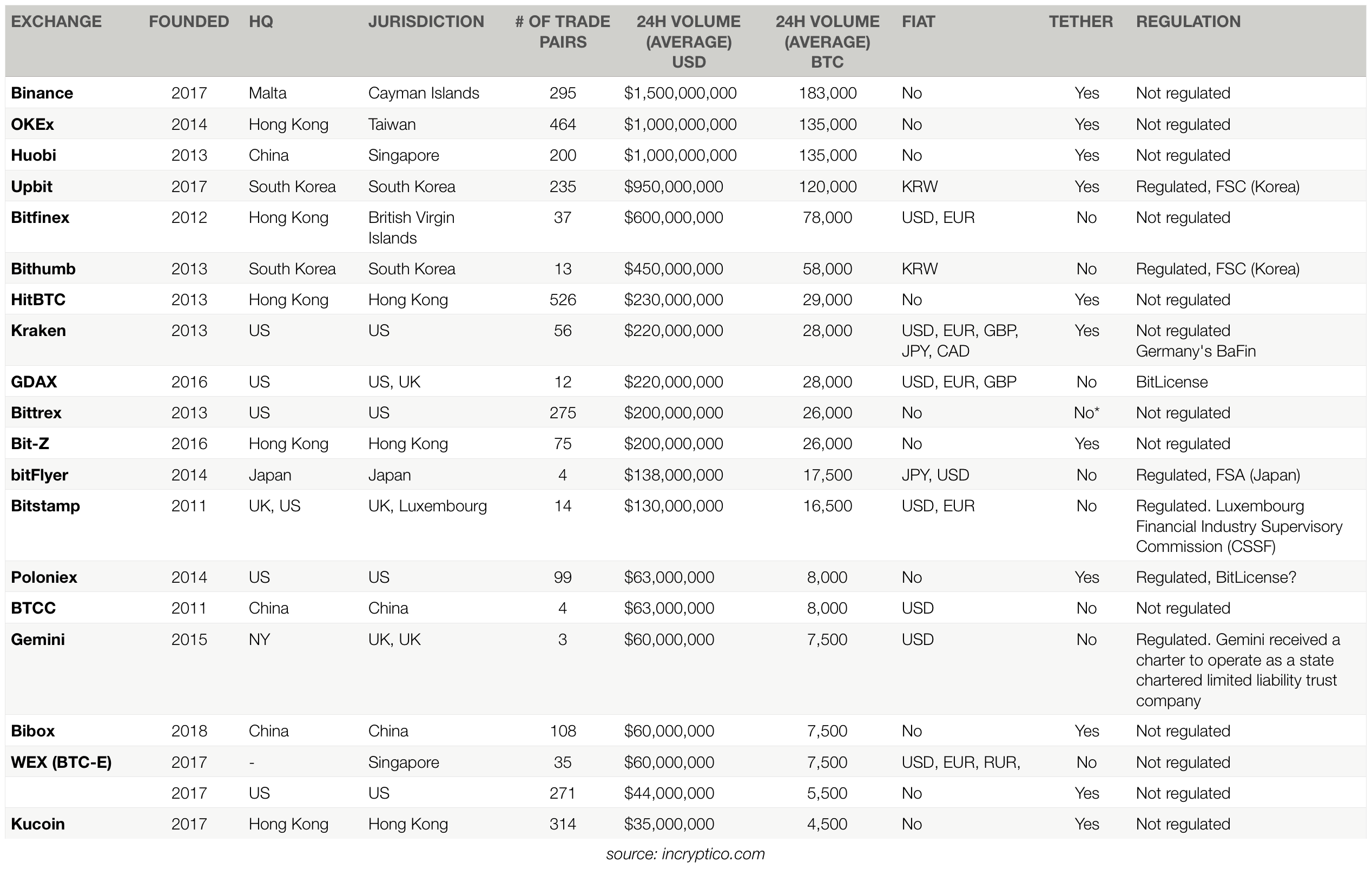
Last week, at the G20 conference that took place in Argentina, the majority of countries has voted for legalization of cryptocurrencies. The community has positively responded to this news. However, cryptocurrency legalization implies regulation, and that means additional conditions for the crypto business in terms of obtaining licenses.

Crypto exchanges have always been the obvious leaders on the market in terms of making business and keeping it regulated. Inspite of some exchanges that support only crypto-to-crypto pairs and are staying on the anonymous side by avoiding the KYC procedures, there are many top exchanges that are searching for opportunities to add fiat money to their services, as well as fiat deposit/withdrawal methods for their users. At the same time, their efforts to become more functional for the users lead to complications for the same users.
The exchanges that have added fiat support back in 2013-2014 are now facing limitations on the banking side, regulatory requirements and registration in FinCEN to get a money transmitter license. Namely, this has resulted in BitLicense creation in the US, to which lots of exchanges have applied in 2015. However, only about 20 crypto-related companies have this license.
If we take a glance at the main players, the picture looks as follows:

The main part of these huge exchanges are still not regulated and have no respective licenses, although they have been searching to legally provide their services for a long time. In most cases, the companies get the FinCEN license and work with the third parties — payment providers. Here’s where the AML and KUC requirements for users come from. As the payment providers can work with the banks and have all the necessary licenses, they request all the documents on user verification from exchanges. This is one of the most common schemes, as per today: Bank - Payment Provider - Crypto Exchange - User.
As for the license, it is important to understand the company’s incorporation and from which countries its users come from. Nowadays, Estonia has started to issue licenses in EU, thanks to the new wording of the Money Laundering and Terrorist Financing Prevention Act. In Japan, the main regulator is the Japanese FSA, which provides licenses. In the US, BitLicense is still the main.
The cryptocurrency market is capturing more and more attention of the government, and this trend is only about to grow. These issues are so relevant and changing, that many exchanges are starting to move to other countries. Thus, Binance has moved to Malta last week. Today, Bitfinex has announced its will to move to Switzerland. That is why, when working with cryptocurrencies or willing to launch a blockchain-related business, pay exceptional attention to the legal part, in order to prevent problems in future.
Read also:
ICO Statistics: Countries, Traffic, and Investors
Facebook, Google and Twitter against Cryptocurrencies and ICO. So what?